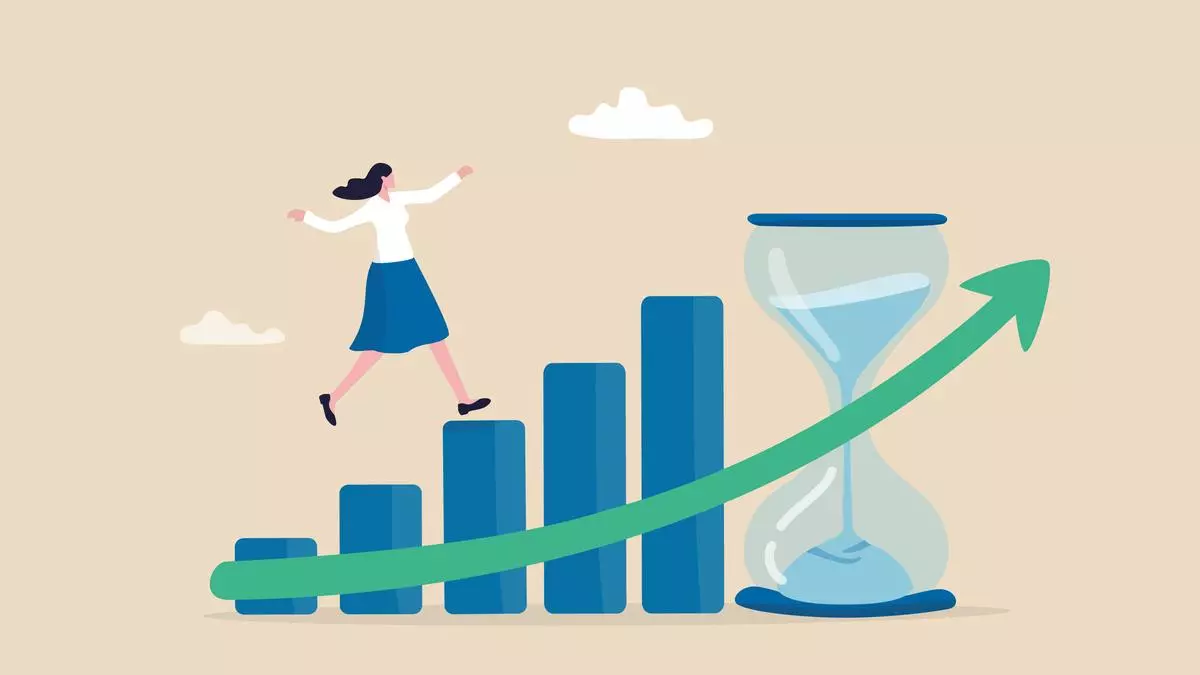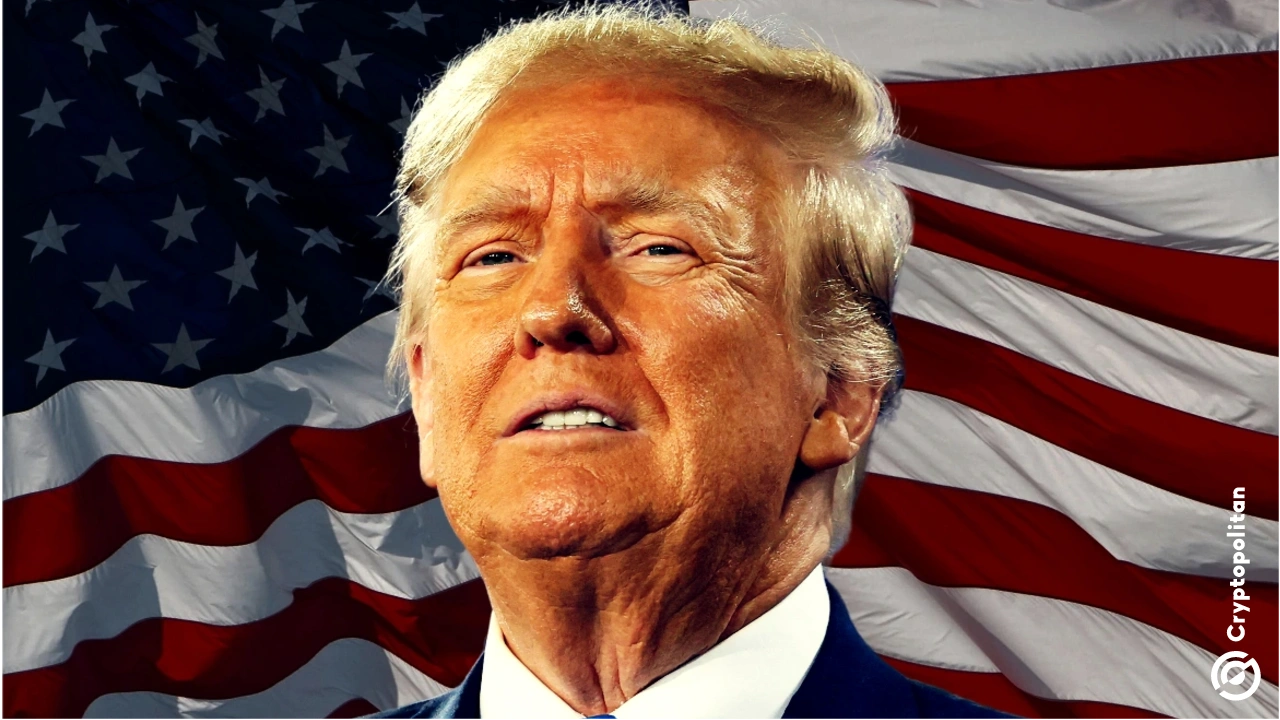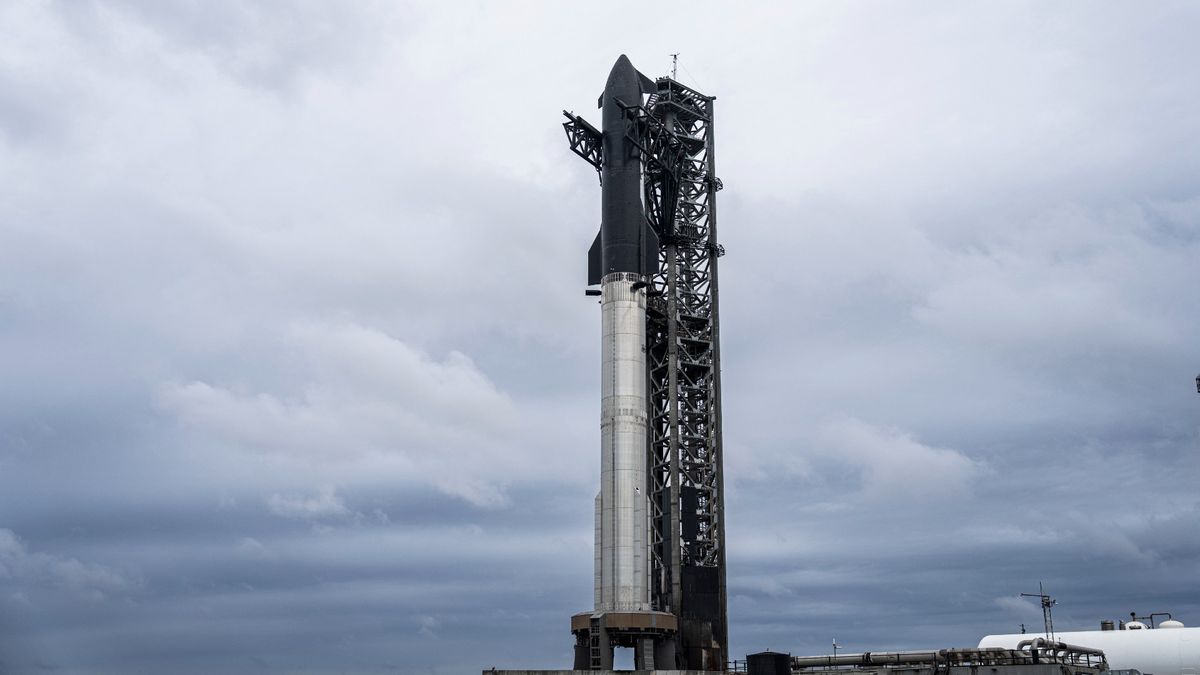India’s battery recycling industry is becoming a crucial part of the country’s electric vehicle (EV) supply chain, helping reduce imports and strengthen raw material security. A report by BDO India highlights that domestic recyclers could meet nearly 48 per cent of the nation’s lithium-ion battery (LiB) demand by 2030, supported by significant investments from key industry players.
Battery recycling plays a crucial role in creating a sustainable, circular EV ecosystem. Globally, production scrap accounts for 30 per cent of raw materials in recycled batteries, reducing carbon emissions by about 33 per cent while consuming 93 per cent less water. Additionally, recycled batteries can extend a battery’s lifespan by up to six years, offering 95% efficiency at half the price of a new battery.
The lithium-ion battery recycling market, expected to account for 78 per cent of the sector by 2024, is experiencing rapid growth. India’s total LiB recycling capacity is currently estimated at 61,000 tonnes (15 GWh) for 2024 and is projected to expand to 543,000 tonnes (136 GWh) by 2030. The sector is expected to generate significant revenues, with each GWh of recycled batteries contributing about $10 million, driving the market’s value to $240 million by 2030.
The rapid adoption of EVs has accelerated demand, with the government targeting a minimum of 24 GWh annual battery demand by FY31.
Indian recyclers are achieving material recovery rates of about 95 per cent, matching global standards of more than 90 per cent, and are actively working on more cost-effective and environmentally friendly recycling methods. Some of the key companies ramping up lithium-ion battery (LiB) recycling capacity include Attero, Lohum Cleantech, BatX Energies, Ziptrax Cleantech, Exigo Recycling, ACE Green Recycling, and Recycle Karo, among others
Despite its potential, the industry faces significant challenges, including an unorganized recycling market, limited availability of domestic battery scrap, and high capital expenditure. Setting up a lead-acid battery recycling plant costs around $6 million per GWh, while a lithium-ion battery facility requires about $50 million per GWh. Addressing these hurdles will be critical for the industry’s growth.
With EV sales surging over the past two years, the battery recycling sector is expected to gain momentum in the next 4-5 years. Recycling facilities, which take less than a year to establish, are anticipated to attract substantial investments in the near future. Early-stage investors have already begun funding this promising sector, recognizing its role in shaping India’s EV market.







Leave a Comment